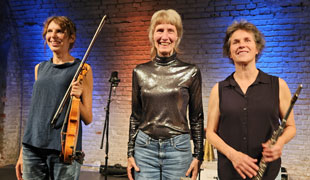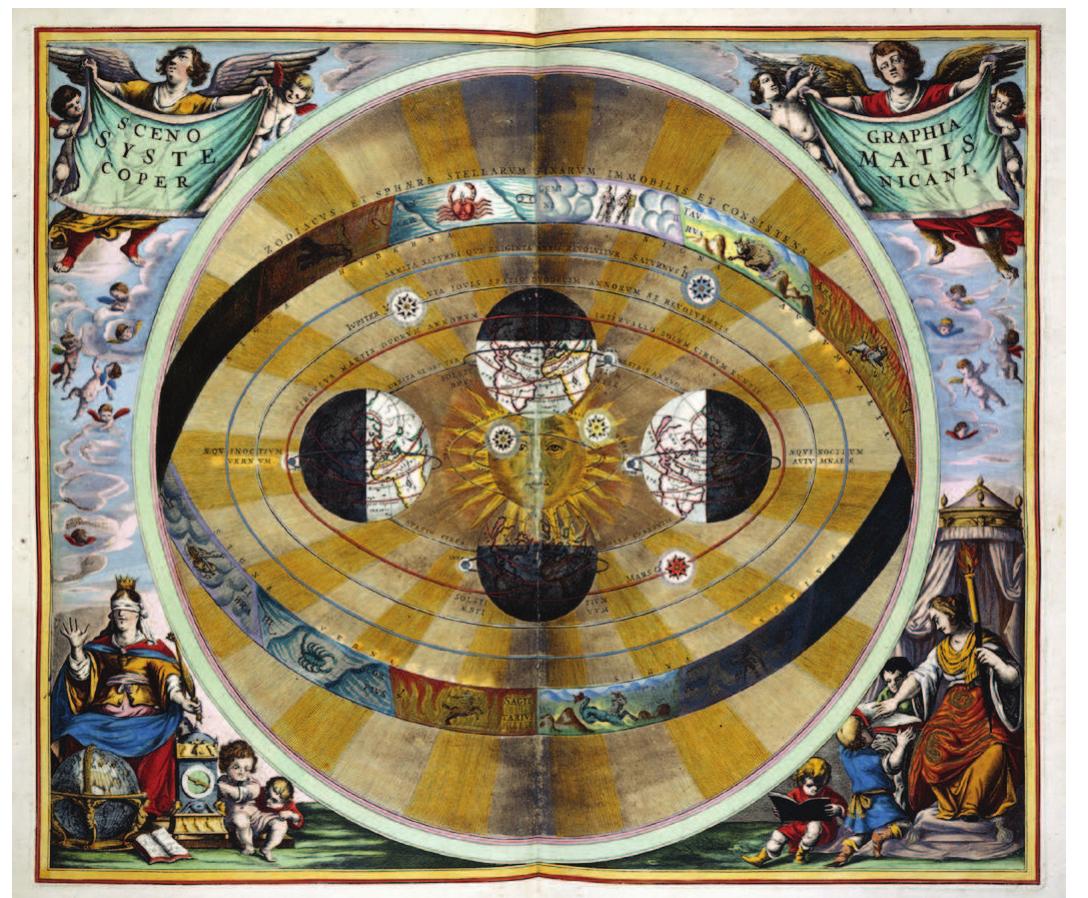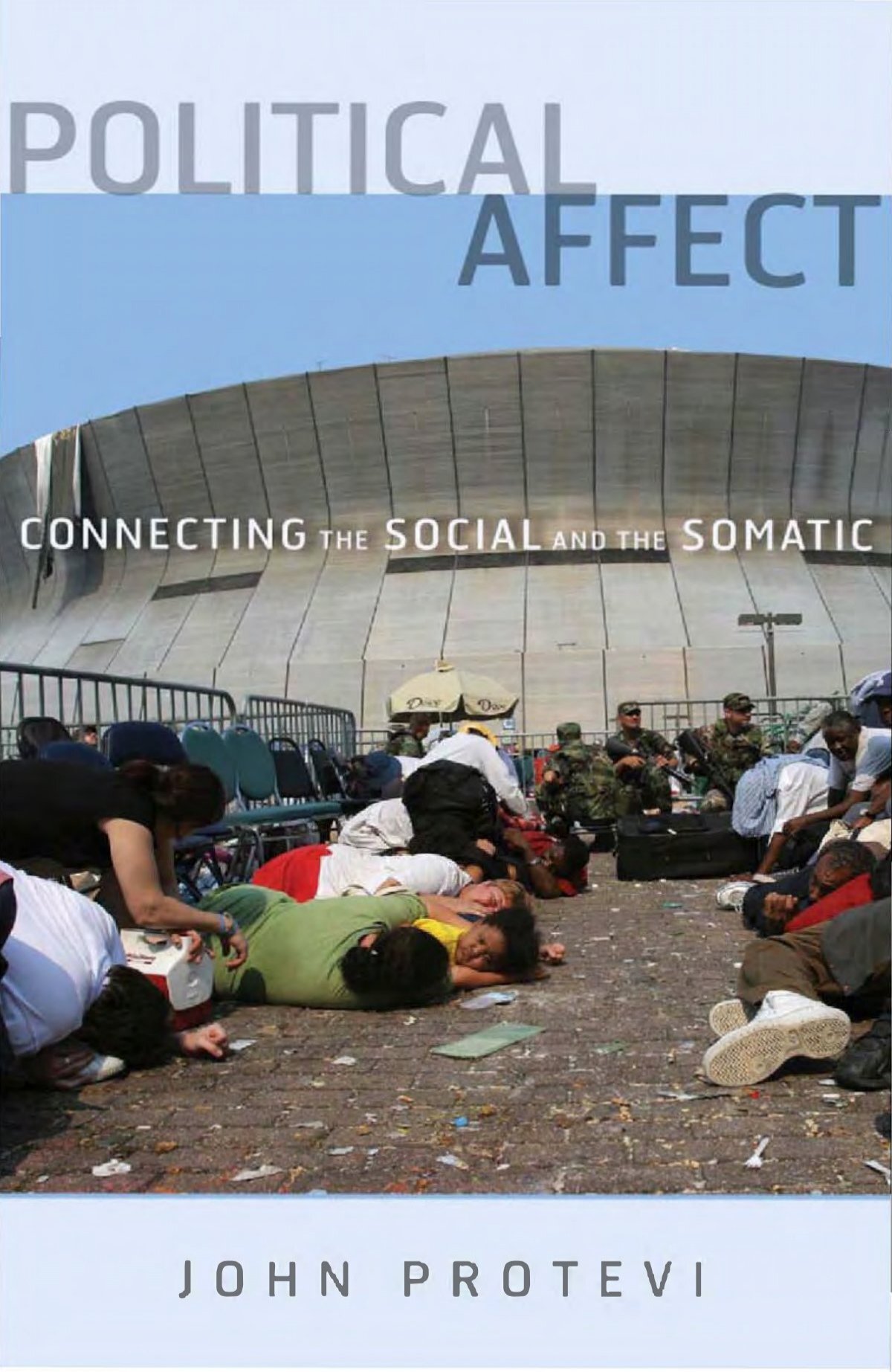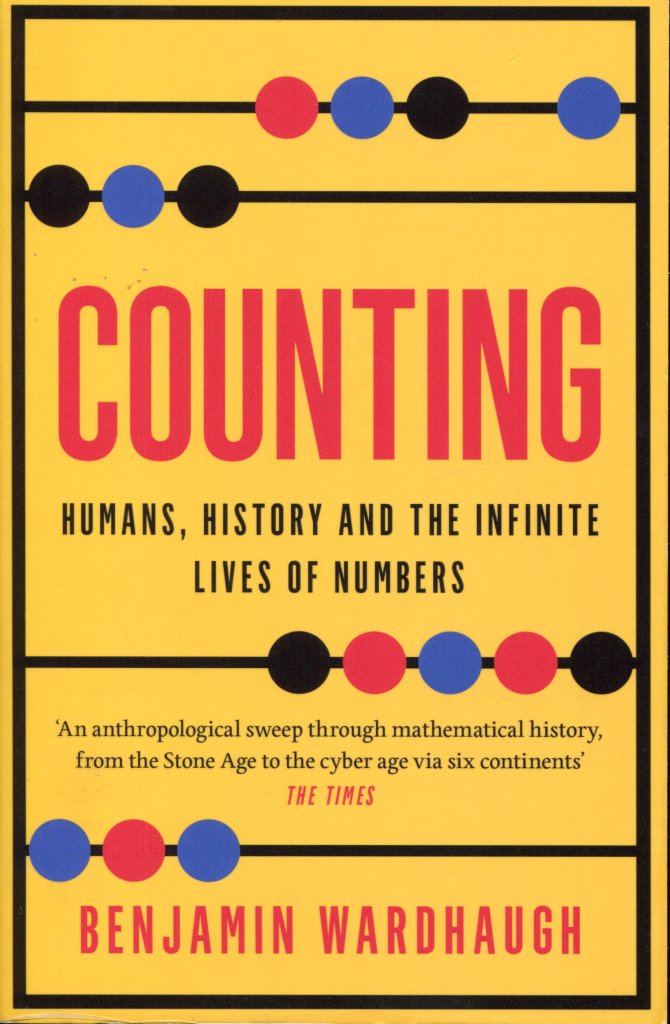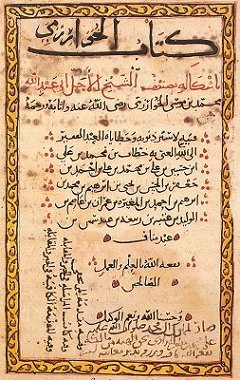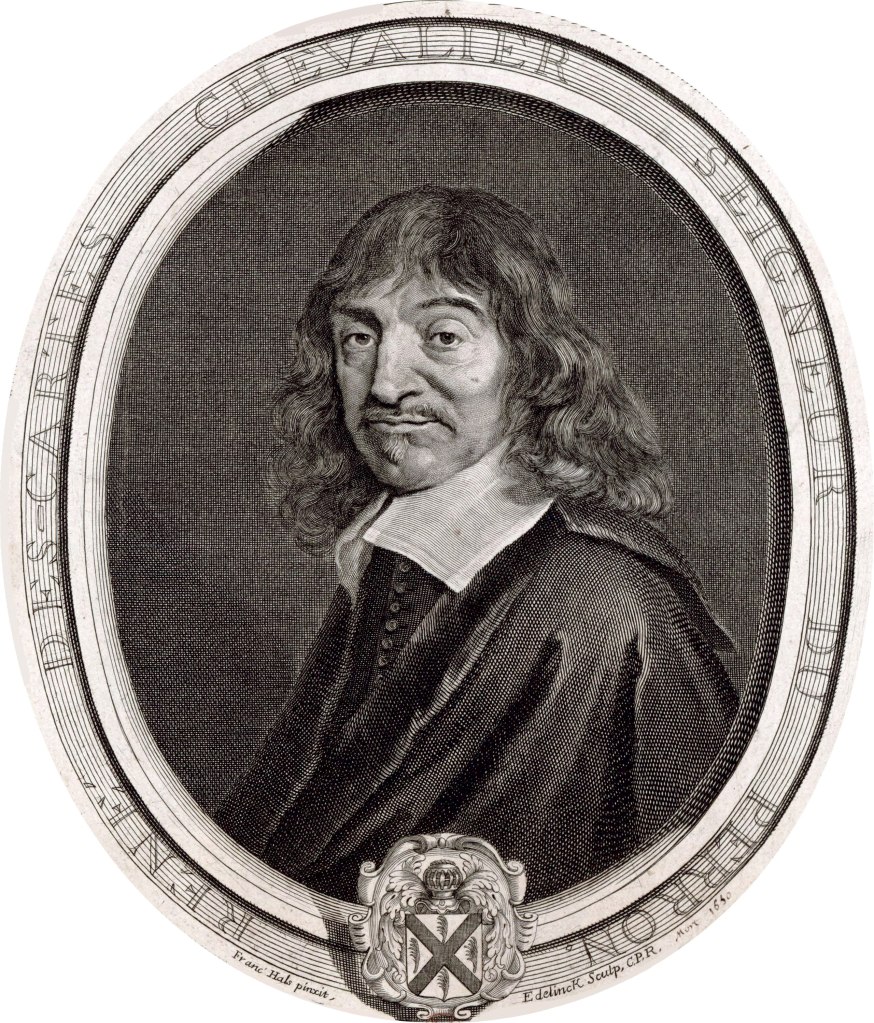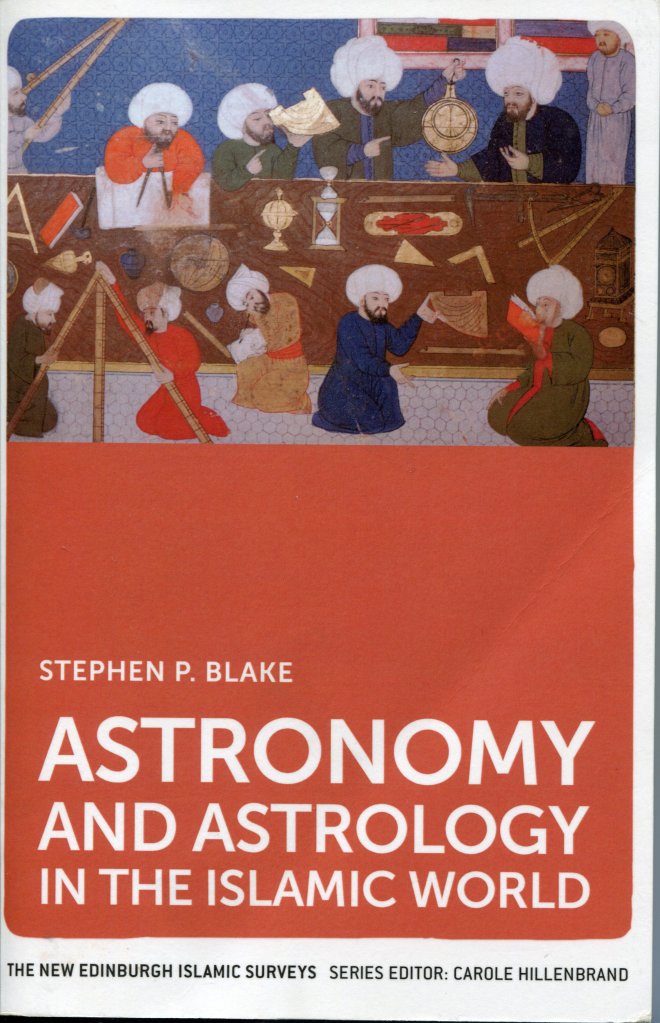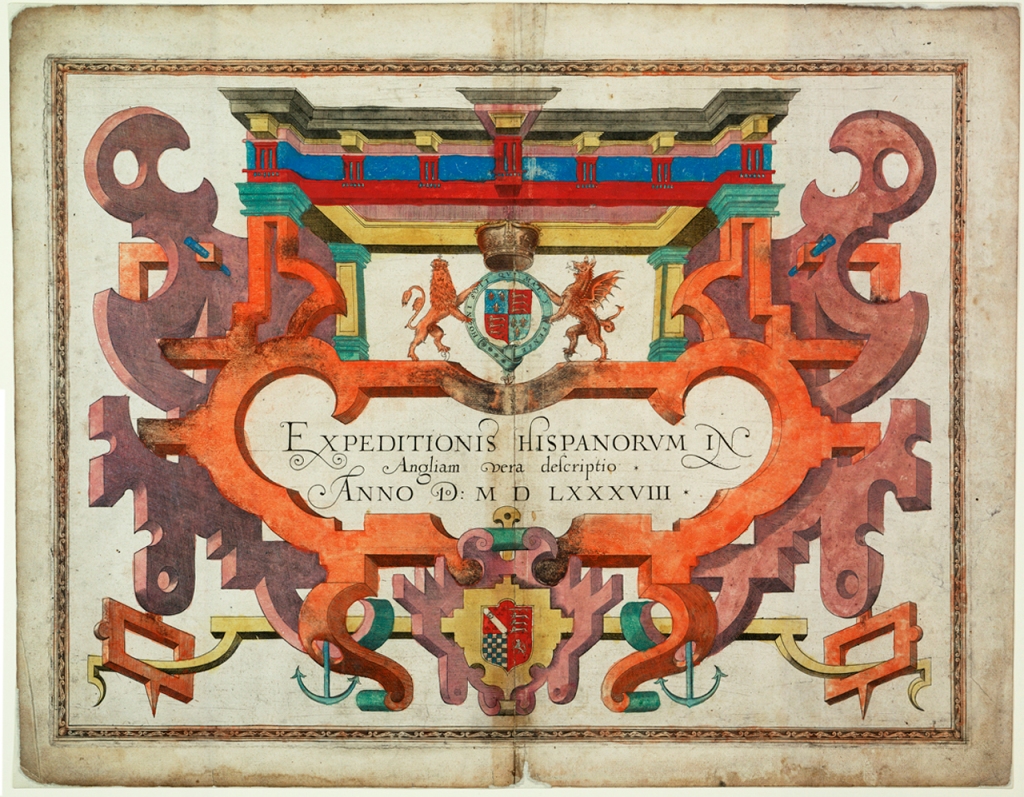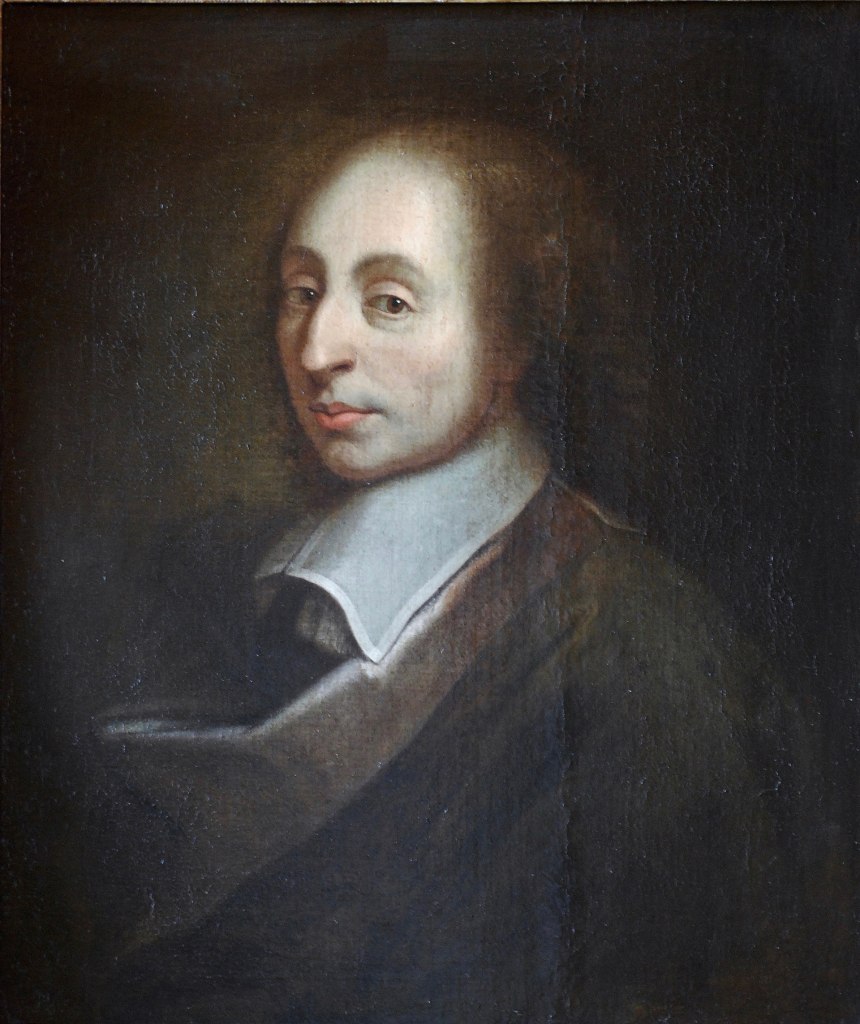In the previous entry of this series, we examined the profession of the English navigator Sir Robert Dudley (1574–1649). This concluded with a discussion of the scientific instruments he bequeathed, which are now housed in the Museo Galileo in Florence. These instruments originated from multiple different makers, and today I will focus on one not […]
Read More